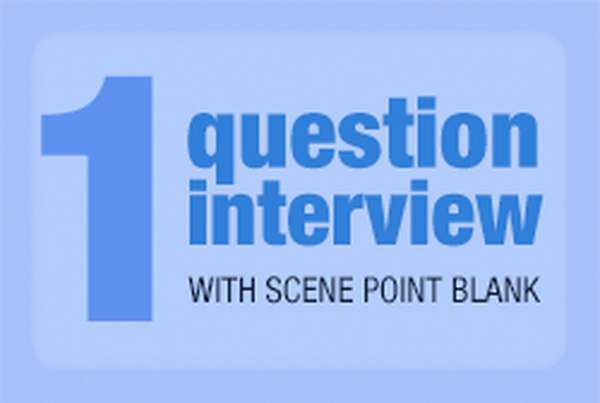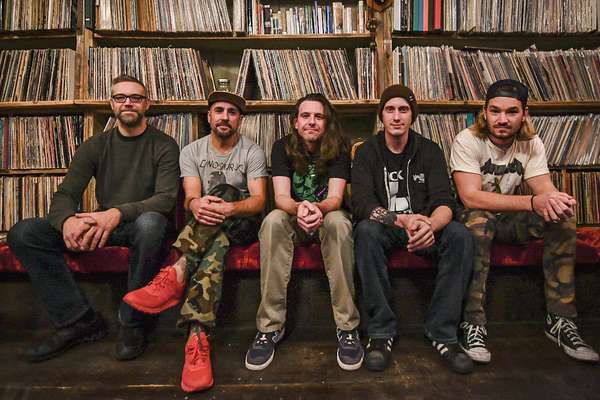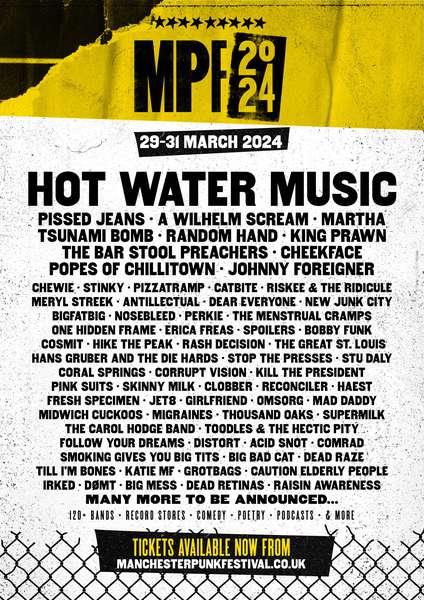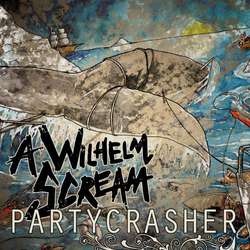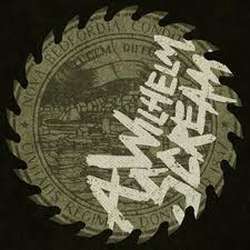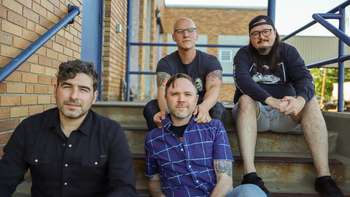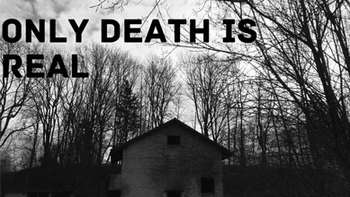One of our newest features here at Scene Point Blank is our semi-daily quickie Q&A: One Question Interviews. Follow us at facebook or twitter and we'll post one interview every Monday-Thursday. Well, sometimes we miss a day, but it will be four each week regardless.
After our social media followers get the first word, we'll later post a wrap-up here at the site and archive 'em here. This week check out Q&As with Xiu Xiu, A Wilhelm Scream, Rosetta, and Orange County Scenester.
Matt (Rosetta)
SPB: Do you run your own website, facebook, twitter, etc? Do you enjoy that aspect of the industry?
Matt: Yeah, I do all of it (Facebook, Twitter, Tumblr posts & question box, website), though occasionally some of the other guys answer questions on our Tumblr or Twitter.
I have a love/hate relationship with social media. On the one hand, being able to connect directly with the most engaged fans is awesome. I love answering people's questions with no intermediary and no delay. I think having ongoing significant conversation, even if it's “just on the internet,” really enriches the musician/listener relationship--it makes it dynamic instead of one-way. Besides, let's face it, most people live on the internet now anyway, so you need to go where people are if you want to talk to them.
On the other hand, I hate how easy it is to be misunderstood. You can't please everyone, and you can't answer every question. There are language and cultural disconnects to navigate. Sooner or later someone gets bent out of shape. A couple years ago I realized that I was automatically developing this set of rules in the back of my mind about how to talk to people over social media. It's turned into such a refined “technique” that sometimes I feel like it's not really me that's talking to people anymore, it's my internal social media algorithm or something. I hate the idea of being circumscribed by a “brand,” but I know that I behave like a machine on social media. You have no choice but to cultivate a persona---even when that persona consists of "we're just regular people like you"---no matter how real it is, it still has to be carefully constructed.
Trevor Reilly (A Wilhelm Scream)
SPB: When you built your studio, what was the primary, driving concept you wanted to make sure you could capture as far as acoustics?
Reilly: The most important thing we tried to do while remodeling the studio was to make sure that the acoustics didn't work against us! We have a room with low ceilings and small dimensions compared to the "big boys" facilities, so we focused our efforts on absorption and control since the low end bass frequencies can pile up and royally fuck up the tones your trying to capture. There are tons of essays and books and articles on room modes, flutter echoes, suggested room ratios, etc. out all over the internet and beyond that we just devoured trying to get a handle on that sweet sweet science. And I could study that shit for another twenty years and still not scratch the surface that shit is so crazy. And it could make you insane. That's why some dudes get paid the big bucks to tune rooms. Anyway, ultimately, at the end of the day all that matters is what you hear during playback and sometimes you gotta remind yourself that it's so easy to get bogged down by the technical stuff and to make sure to focus your efforts on playing and writing good songs case that's the most importing thing. It's the reason we're all here!
Jamie Stewart (Xiu Xiu)
SPB: What part of your live show is the hardest on sound engineers?
Stewart: Getting the vocals loud enough in the monitors. We have really loud stage volume as I like to be pummeled sonically and we use a drum machine. There are almost always some issues with feedback but we work them out. I need to have the voice be really loud so I am not singing harder than I need to hear myself. This leads to blowing out my voice.
This is a very juvenile problem, but I do not care. It has to be loud.
Evan Jacobs (Orange County Scenester – director)
SPB: Who is your favorite band discovered in the process of filming Orange County Scenester?
Jacobs: Since I was making a memoir on a scene of bands that I was, in many ways, intimately involved with, there wasn't that a band that I discovered during the making of the film.
What I did discover was, after reviewing and reviewing tapes, I could see where some of the iconic pictures had been taken on some of the albums I listened to. Or, I was able to see a show that had been talked about for years but I was not there to witness. Lastly, as the process of discovery continued, I would go through footage I had seen previously. As I watched it, my mind would be reminded of things that I had heard happened before or after the show I was watching. It might even be something happening on screen simultaneously that wasn't captured on camera. So I would watch a show with a completely different perspective because I understood better why what I was seeing on screen was happening.
